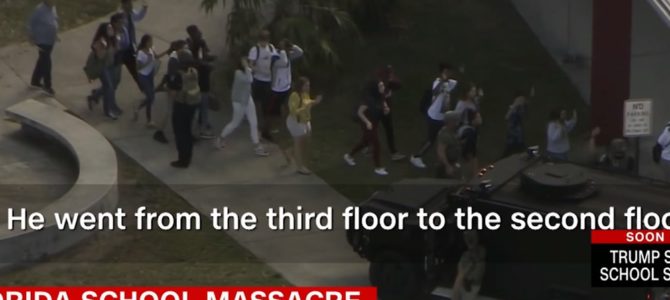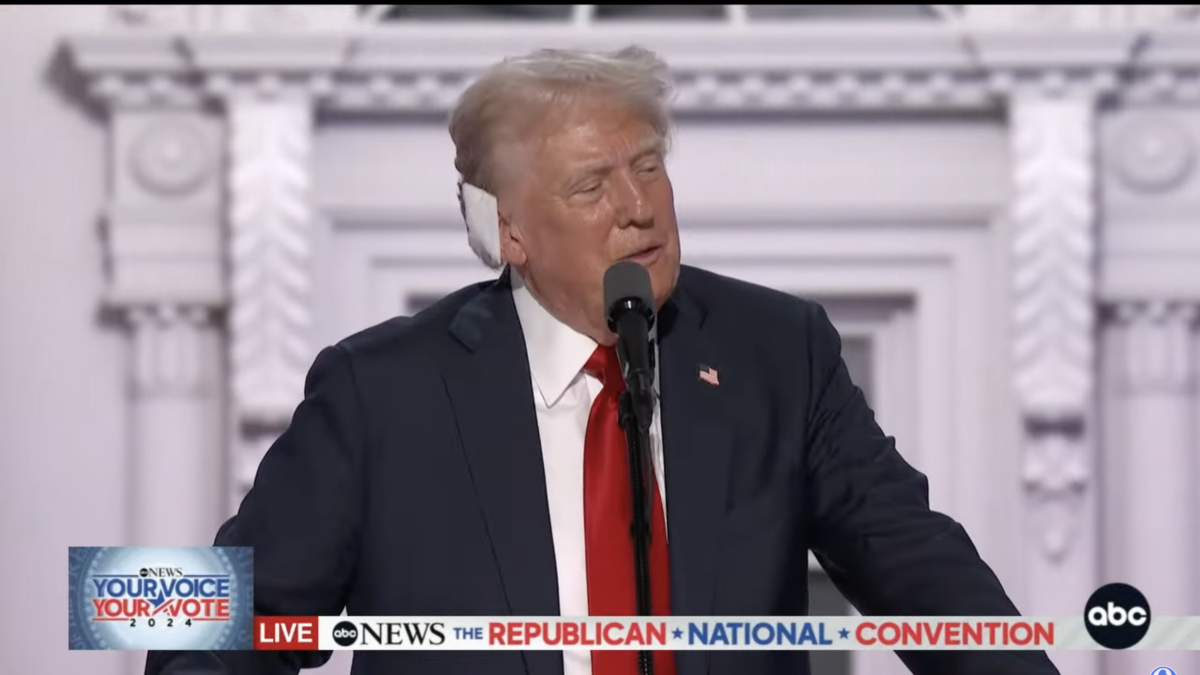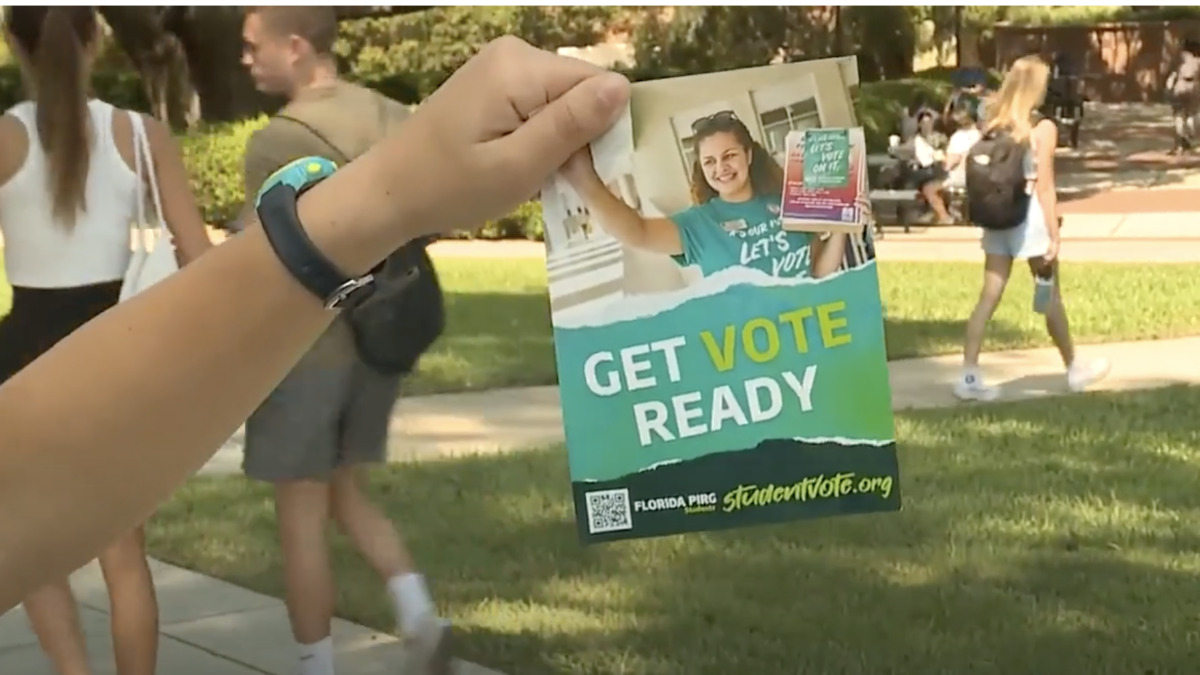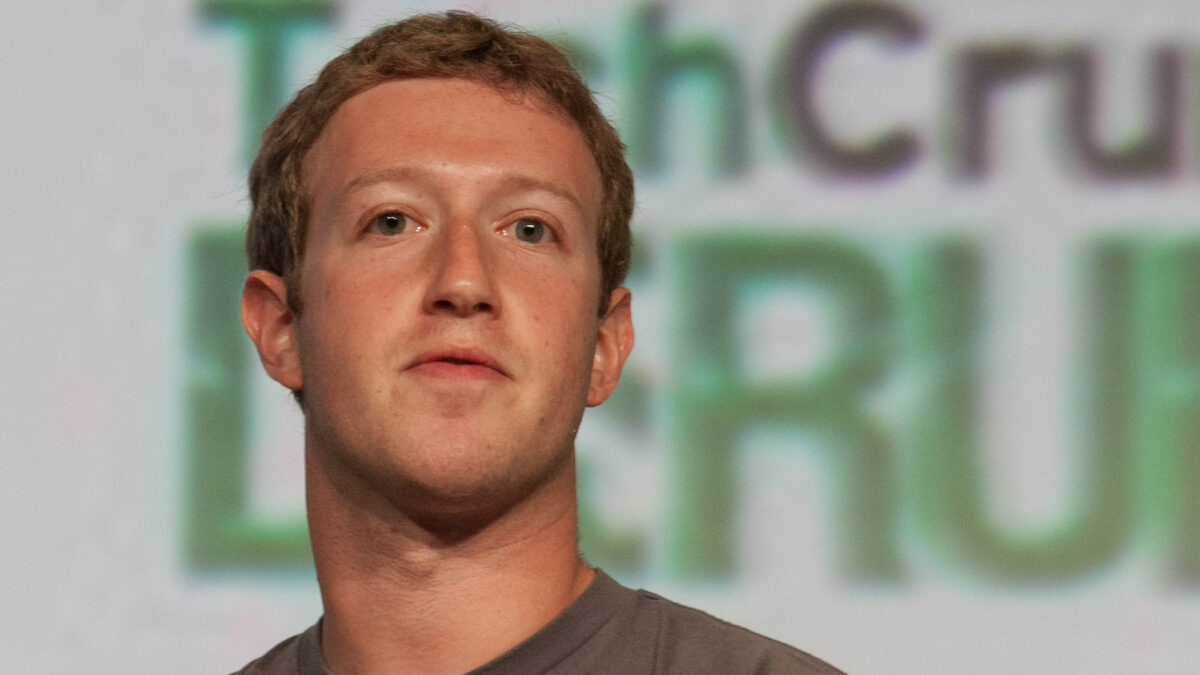
My uncle John is a retired Los Angeles police officer. He doesn’t like to talk about it, but if I buy him enough drinks, he’ll tell how he captured an armed bad guy on the streets of LA, although my uncle was off-duty and unarmed.
The story involves car chases, foot chases, and a shotgun—and the guy holding it wasn’t my uncle. Fortunately, everything worked out that day, and a dangerous criminal was off the streets because my uncle risked his life—off the clock.
I think about my Uncle John every time I read an all-too-frequent report like this one: “The armed school resource officer assigned to protect students at Marjory Stoneman Douglas High School took a defensive position outside the school and did not enter the building while the shooter was killing students and teachers inside [all emphasis added] with an AR-15 assault-style rifle, Broward County Sheriff Scott Israel said Thursday.”
Most Americans are astonished and outraged to hear this. How can a police officer—how can any person—stand around listening to innocent kids being shot?
Most Americans don’t know this happens all the time. Remember the Pulse nightclub shooting in Orlando?
As the largest mass shooting [at that time] in modern U.S. history began to unfold, an off-duty police officer working at a gay nightclub exchanged gunfire with the suspect. But three hours passed before one of the nation’s most revered SWAT teams stormed the building and brought the attack that left 49 people and the gunman dead to an end.
The ISIS-wannabe was in a shoot-out with a cop before he even got in the building. But for some reason, the cop didn’t follow him in. Shots fired inside. Nothing. Then SWAT waited outside, even as shots rang out from inside the building.
Remember Sandy Hook Elementary in Newtown, Connecticut? “Newtown officers arrived at the school while the gunman was still shooting but did not enter the building for more than five minutes, according to a prosecutor’s report.” The state police conducted a comprehensive review of events that day, but “didn’t interview any Newtown police officers who were the first responders on the scene.” Newtown police didn’t do their own after-action report, either. What’s to review, right?
This list goes on and on. Up in Canada during the 1989 massacres at Ecole Polytechnique: “As officers stood outside in the snow, [the shooter] moved through the corridors looking for more women to kill.” Out west in Columbine, as in Orlando, the cops exchanged fire with the killers, then waited outside as 10 people were gunned down. The police waited outside. Listening.
The sinking feeling we have as we read these stories isn’t anger. It’s betrayal. Our police are supposed to be better than that. We honor them, we tell our kids to look up to them, we buy them lunch, donate to their charities, we believe in them. That’s because we believe they’ve made a commitment to endanger their own lives to protect ours.
Only not everyone is in on the deal, apparently. Over the years as a radio talk host, I’ve had a dozen or so callers claiming to be cops who angrily insisted that, as one put it “Our first job is to make sure we go home to our families safe at night.”
My response was to suggest that, somewhere, there was a mall missing a security guard. For real cops, if someone is going to get shot—either an innocent civilian or themselves—their job is to take that bullet if they absolutely must.
So why do so many cops stand outside and do nothing while kids are being killed? Well, cowardice, for one thing. No, not all cops are cowards, that’s ridiculous. I know from personal experience that’s not true. But they’re not all heroes, either.
Ask yourself this: Could you stand outside and listen to high school kids get shot and do nothing? Particularly if you had a gun and the training to use it? Wouldn’t every cell in your body scream for you to run inside and kill that SOB?
So why do good cops wait? Training. It’s part of a tactical approach currently debated by police departments across the country. Before Columbine, everyone pretty much waited: Set up a perimeter, wait for SWAT, go in with mass firepower and a strategy to reduce civilian casualties. That doesn’t work if all the civilians are already dead.
So the strategy changed—or was supposed to. But as we’ve seen again and again, in some places, it hasn’t. This brings up the conversation nobody wants to have: It’s a lot easier to police good people than bad ones.
Sheriff Scott Israel, whose department had dozens of encounters with the Parkland shooter before the massacre but failed to take action, was on CNN insisting that the solution to gun crime is out of his hands. So he wants to get guns out of yours. He’s demanding restrictions on the gun rights of lawful citizens.
He couldn’t figure out how to get the information about the Parkland psycho into the background-check system, which would have stopped an actual bad guy from legally buying a gun. Instead, he wants to stop everyone. Why? Because law-abiding citizens abide by the law. We do what they’re told. We’re easy to police. So his failures are apparently on us to solve by giving up our rights.
The same with suburban teenagers posting crazy stuff on the Internet. Israel also wants police to have the power to detain people without a warrant, take them in against their will, and give them a government -authorized evaluation of some kind—all based on a police officer’s opinion that you’ve posted something “disturbing” on the web. Hey, there are plenty of angst-ridden teen boys out there to roust, and cops like Israel are more than happy to do it.
Scaring dopey teens and banning AR-15s is easy. Following up on truly dangerous people, building a case about their mental health, getting the evidence a judge needs to act—that’s hard work. So is going into a building where shots are being fired. Cops aren’t heroes for doing “easy.” They are heroes—and most of them are—for doing the hard stuff.
Correction: Due to a typo, this article previously incorrectly stated the date of the Ecole Polytechnique killings.








